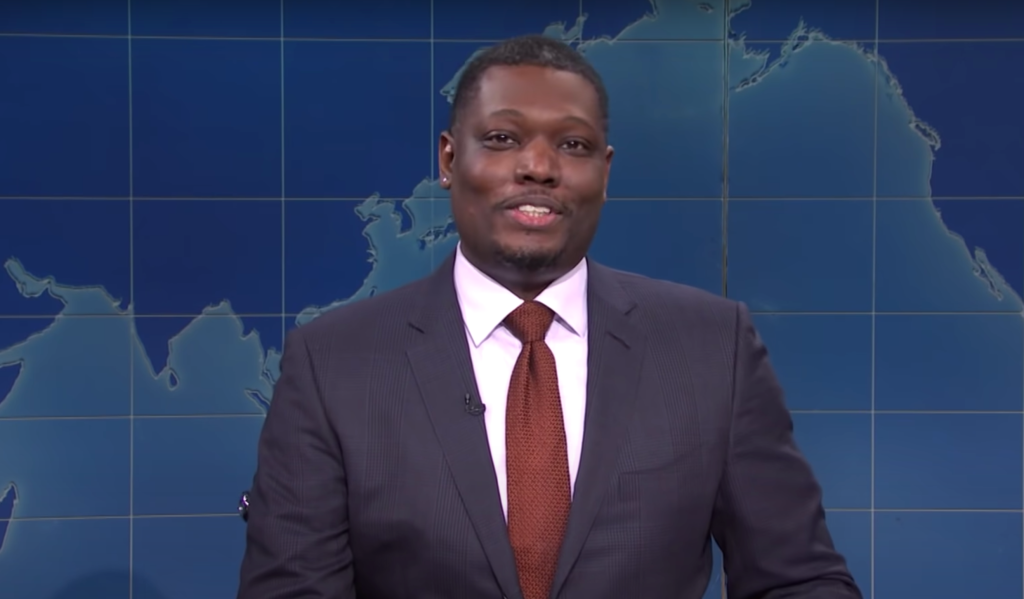Over the weekend, comedian and Saturday Night Live star Michael Che took to Instagram with a raw, personal message about the sudden federal freeze on SNAP benefits and the reaction he’s been seeing online.
While the policy pause itself is already causing real hardship, Che zeroed in on something deeper: the way people talk about poverty, specifically when Black families are the ones affected.
In his post, Che didn’t mince words.
“this snap freeze is really fucked up. and i keep seeing a lotta racist videos celebrating (mostly Black) families not being able to buy groceries.. theres this weird idea that since some people have taken advantage of welfare benefits in the hood, NOBODY should receive help, at all..?”
Che’s frustration speaks to a familiar double standard in America, one where corporate loopholes, tax shelters, and bailout culture are accepted as strategy, yet low-income families trying to stretch assistance are labeled as lazy or opportunistic.
“this country is built on greedy motherfuckers taking shortcuts and gaming the system to their benefit, but for some reason, when poor people find a way to turn nickel into a dime, they’re judged more severely, especially Blacks.”
For Che, this isn’t theoretical. It’s a lived experience. He recalls growing up on government cheese, powdered milk, and the quiet embarrassment of hoping friends wouldn’t see him use food stamps.
It’s not “scamming.”
It’s surviving.
“that shit aint as glamorous as it sounds. i promise.”
Che’s point is simple: mocking poverty is not entertainment. And he’s right. There’s a cultural habit of shaming everyday people for needing help, while overlooking the engineered inequities that create the need in the first place.
But he also calls out how outrage gets monetized. The internet rewards conflict, comments, quote posts, and dueling takes. And as Che notes, that often distracts from the actual issue:
“i kno the whole hustle is to hate each other here so we can fight in the comments and up our engagements.. but lets draw the line at feeding the poor.”
Poverty is not comedy. Survival is not shameful. And helping people eat is not up for debate.




